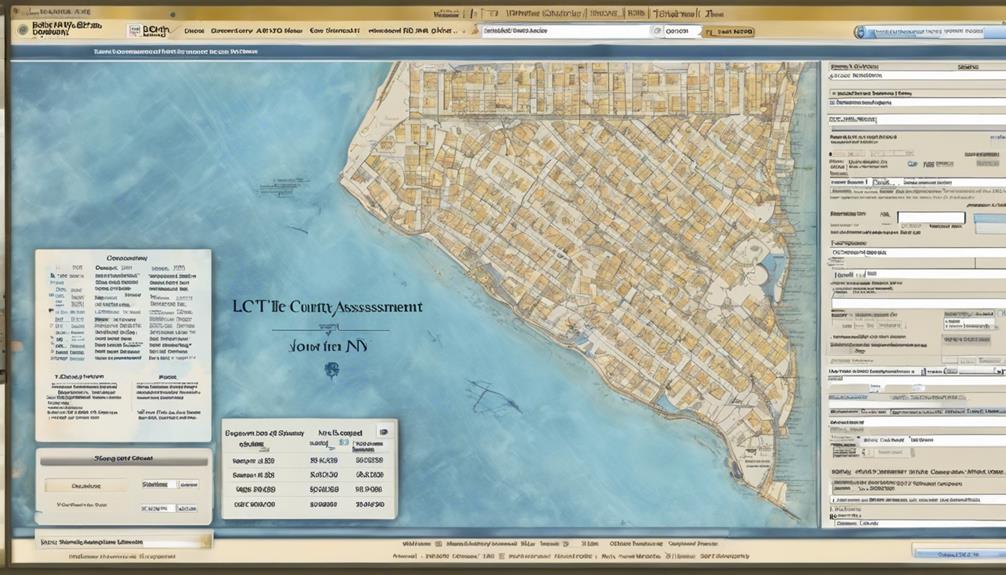The Big Five personality traits are a widely accepted way to understand what makes each person unique. They include Openness to Experience, Conscientiousness, Extraversion, Agreeableness, and Neuroticism. These traits describe how you think, feel, and behave across different situations. High or low scores in each area influence your relationships, work, and personal growth. If you keep exploring, you’ll discover more about how these traits shape your everyday life and choices.
Key Takeaways
- The Big Five Personality Traits include Openness, Conscientiousness, Extraversion, Agreeableness, and Neuroticism.
- They provide a comprehensive framework for understanding individual differences in personality.
- Each trait represents a spectrum, with individuals varying in their levels of each characteristic.
- The Big Five model is widely supported by research as a reliable way to assess personality.
- These traits influence behavior, emotions, and choices across various life domains.

Have you ever wondered what really shapes a person’s behavior and personality? It’s a question many of us ask ourselves, especially when trying to understand why someone reacts a certain way or makes particular choices. One way to approach this curiosity is through personality assessment, which helps identify consistent patterns in how people think, feel, and behave. The most widely accepted framework for understanding these patterns is the Big Five personality traits, a model that breaks personality down into five core trait dimensions. These trait dimensions serve as an all-encompassing way to describe individual differences, giving you a clearer picture of what makes each person unique.
Understanding the Big Five traits reveals what truly shapes human personality and behavior.
When you explore the Big Five, you’ll find that each trait dimension covers a broad spectrum of behaviors and tendencies. Openness to experience, for example, relates to how curious, imaginative, and open-minded someone is. If you score high here, you’re likely to enjoy exploring new ideas, trying different activities, and embracing change. Conversely, a lower score might suggest a preference for familiarity and routine. Conscientiousness reflects how organized, dependable, and disciplined a person is. High conscientiousness means you tend to plan ahead, stay focused, and follow through on commitments, while a lower score might indicate a more spontaneous or laid-back approach.
Extraversion is another key trait dimension, describing how energized you feel in social settings. If you’re extroverted, you probably thrive on interactions with others, feeling energized by social activities and conversations. If you lean toward introversion, you might prefer solitary activities or small gatherings, feeling drained after prolonged socializing. Agreeableness highlights how cooperative, compassionate, and trusting you are. High agreeableness suggests that you’re empathetic and eager to help, whereas lower scores could point to a more skeptical or competitive nature. Finally, neuroticism captures emotional stability versus vulnerability to stress. If you’re high in neuroticism, you might experience mood swings or anxiety more frequently, while a low score indicates calmness and resilience.
Understanding these trait dimensions through personality assessment helps you see the diversity in human behavior. It’s not about labeling people but recognizing patterns that explain why individuals act differently in similar situations. Whether for personal growth, improving relationships, or career development, knowing someone’s position on these five trait dimensions offers valuable insight. Additionally, research shows that these traits can influence a person’s response to different environments and stimuli, including home theater technology, which can be tailored to individual preferences. The Big Five provides a practical, evidence-based way to understand the complexity of human personality, making it easier for you to navigate social interactions and understand yourself better. By focusing on these trait dimensions, you gain a deeper appreciation of what influences behavior and how personality shapes the way you experience the world around you.
Frequently Asked Questions
How Do the Big Five Traits Develop Over a Lifetime?
Your Big Five traits develop through a mix of personality stability and developmental influences over your lifetime. Early experiences, environment, and life events shape how traits like openness or conscientiousness evolve. While core aspects tend to remain stable, significant changes can occur due to major life shifts or intentional growth efforts. You continuously influence your personality development, balancing stability with adaptability through various life stages and circumstances.
Can the Big Five Traits Predict Job Performance?
Yes, the Big Five traits can predict job performance through personality assessments. For example, high conscientiousness often links to better work outcomes, while extraversion may suit roles requiring social interaction. Understanding these traits helps you make informed hiring decisions and tailor workplace strategies. The workplace implications of knowing personality traits include improving team dynamics, enhancing productivity, and aligning roles with individual strengths for overall organizational success.
Are the Big Five Traits Consistent Across Cultures?
You’ll find that the Big Five traits show some cross-cultural validity, but they aren’t entirely consistent worldwide. Measurement challenges arise because different cultures interpret traits differently, affecting reliability. For example, what’s considered extroverted behavior in one culture might differ in another. While the core traits are somewhat universal, you should be cautious and consider cultural nuances when applying them across diverse populations to make certain of accurate assessments.
How Do Genetics Influence the Big Five Personality Traits?
Genetics influence the Big Five traits through genetic inheritance, meaning that your personality has a heritable component. Studies show personality heritability estimates range from 40% to 60%, indicating that your genes substantially shape traits like openness, conscientiousness, extraversion, agreeableness, and neuroticism. While environment also plays a role, your genetic makeup helps determine the baseline for these traits, influencing how you naturally behave and respond to situations.
Can Therapy Change a Person’s Big Five Personality Traits?
Ever wonder if therapy can truly change your personality traits? The answer is yes, but it depends on the person and the approach. While personality is relatively stable, targeted therapy can influence traits like neuroticism or extraversion, leading to personality change over time. The effectiveness of therapy varies, yet consistent effort can help you develop healthier patterns, making meaningful shifts in how you see yourself and interact with others.
Conclusion
As you explore the Big Five traits, remember they’re like a lighthouse guiding your understanding of yourself amidst a stormy sea of personality. While some traits shine brightly, others fade into the background, shaping your unique landscape. Embrace this spectrum, knowing that your personality is both a calm harbor and a turbulent ocean—dynamic and ever-changing. Ultimately, understanding these traits helps you navigate life’s vast, unpredictable waters with greater clarity and confidence.
Felicity, our Author, pens in-depth articles and guides that delve into the heart of personal discovery. Her narrative-driven approach weaves together theory, practice, and personal anecdotes, making the journey of self-exploration both relatable and inspiring. Felicity’s contributions help illuminate the path for those seeking a deeper understanding of themselves and their relationships.









